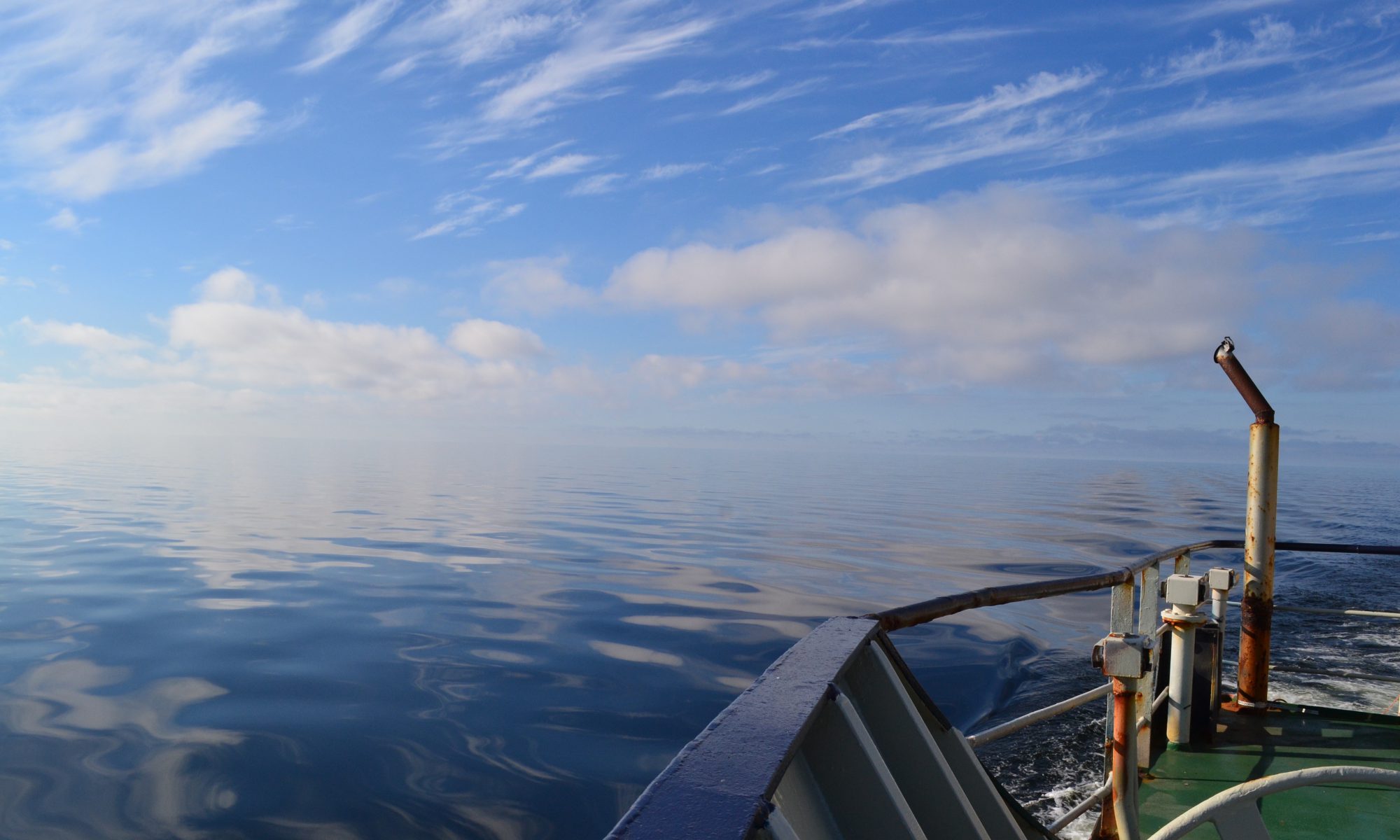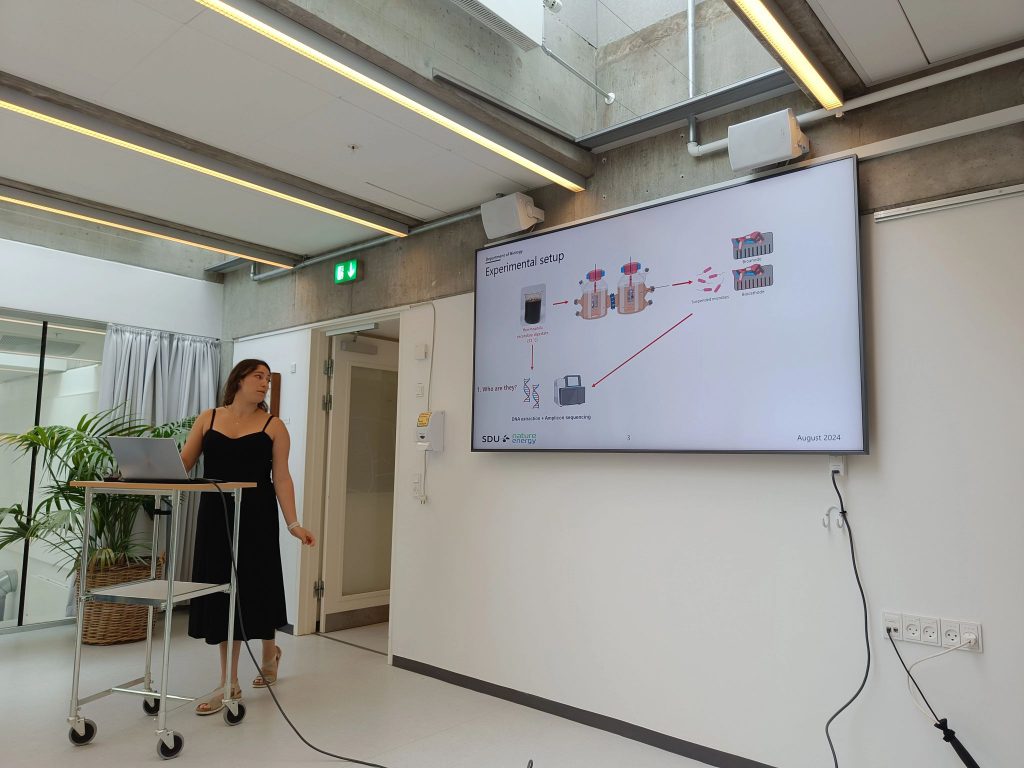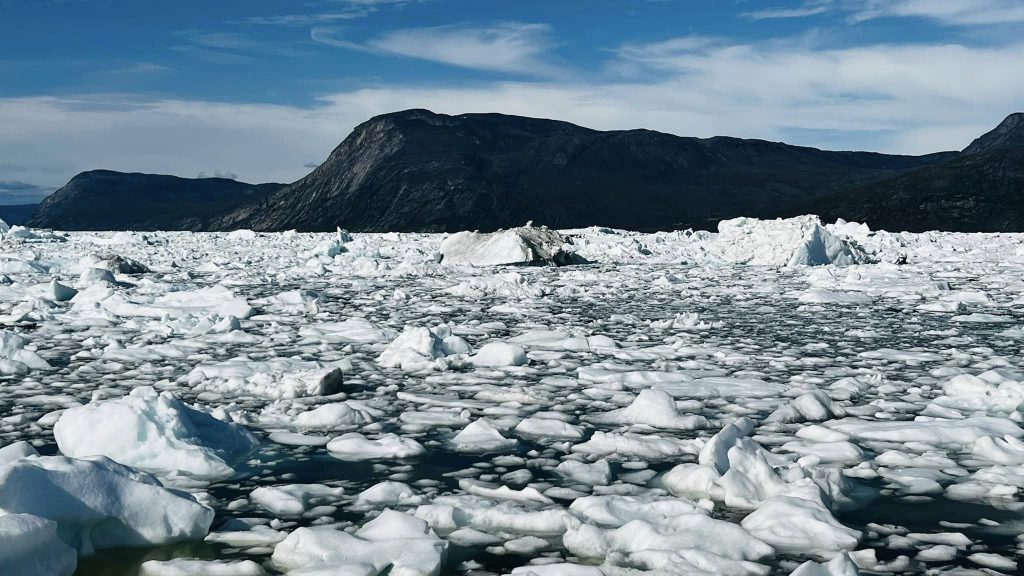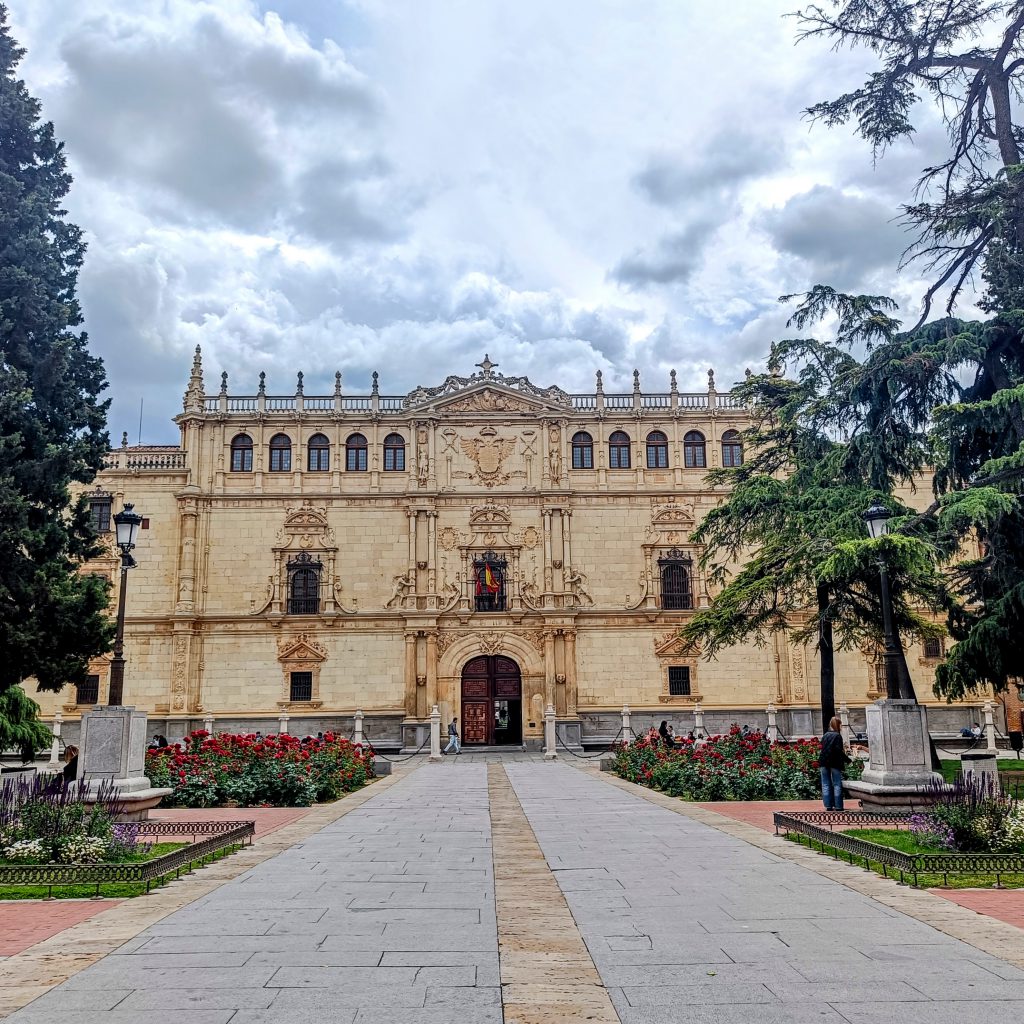I’m excited to announce that Sebastian Bak Bjørnskov has joined my team as a 4+4 PhD student. Sebastian will be diving into research on the mechanisms of interspecies interactions facilitated by geoconductors. With a keen interest in genetics, he’ll be utilizing techniques like gene deletions to uncover the mechanistic details driving these fascinating processes. Sebastian has already been successful in generating a gene-deletion mutant in a Geobacter, so he’s well-prepared to hit the ground running.
We’re thrilled to have him on board and look forward to the exciting contributions he’ll bring to the team!





